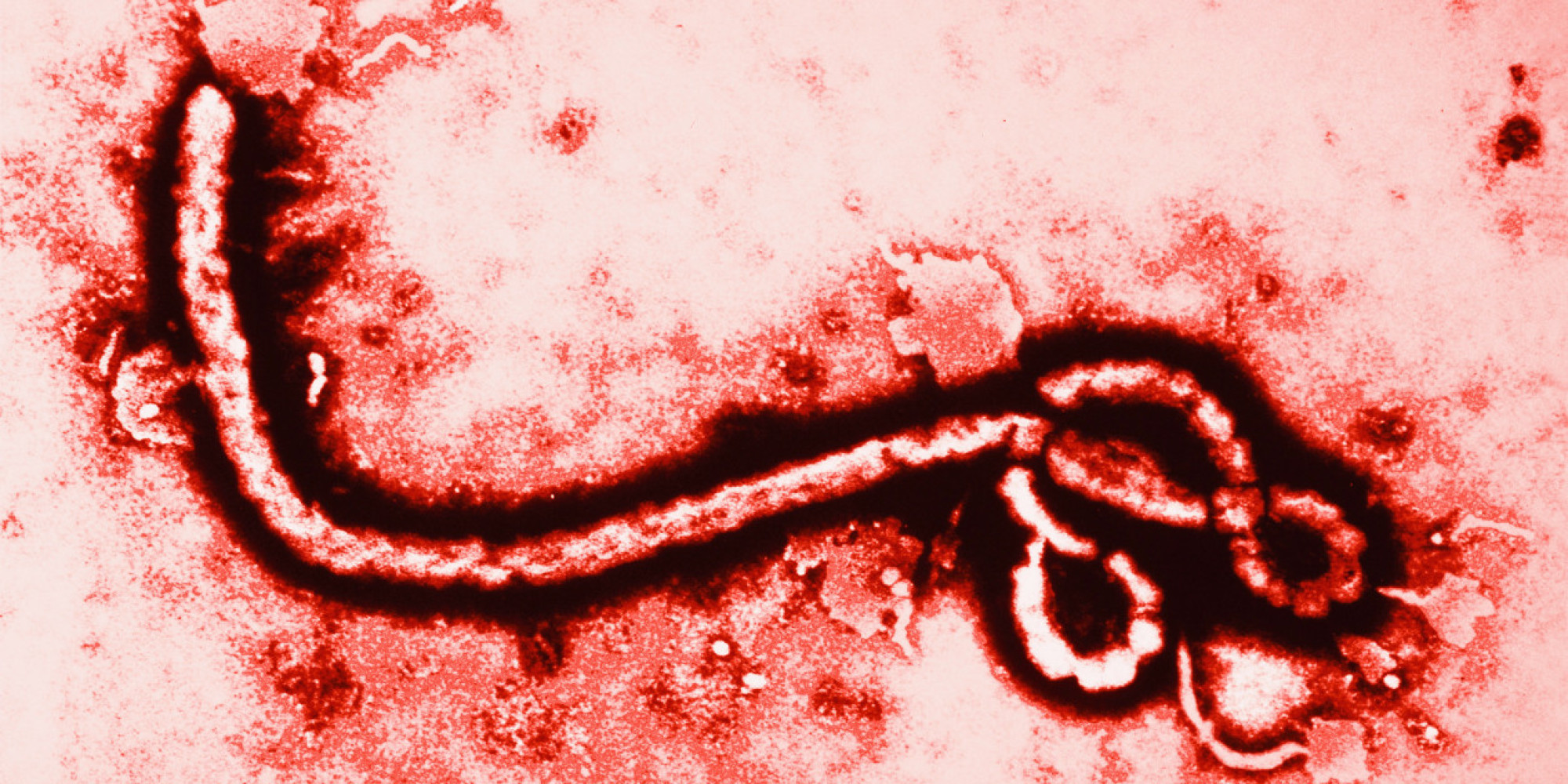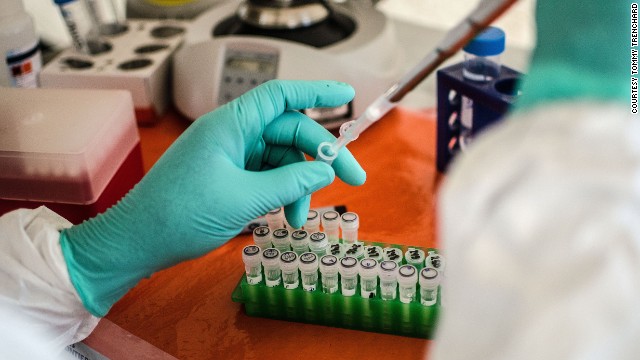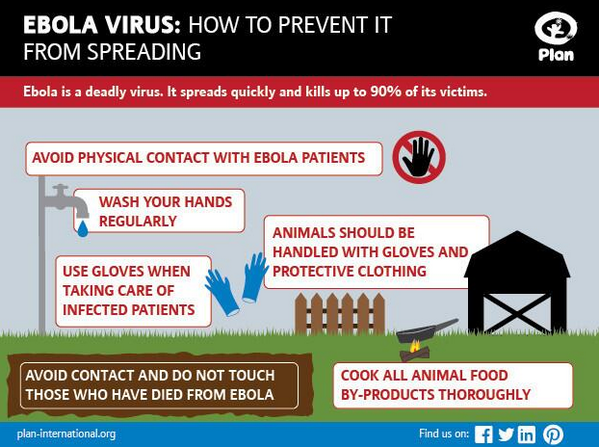The World Health Organization (WHO) issues a situation update on the Ebola epidemic, every couple of days, with new numbers of cases and deaths. These numbers are worrying - 9216 and 4555, respectively. So, we think it is important to report some facts and warnings about this problematic disease.
- First of all, what is the Ebola Virus Disease?
Ebola virus is a serious and usually fatal disease for which there are no licensed treatments or vaccines. This virus is native to Africa and causes hemorrhagic fevers, organ failure and, in many cases, death. Ebola lives in animal hosts and humans can contract the virus from infected animals. Furthermore, after the initial transmission, Ebola virus can spread from person to person through contact with body fluids or contamined material (needles, for example).
So far, no drug has been approved to treat this disease and people with Ebola receive supportive care/treatment for associated complications. However, scientists are coming closer to developing vaccines for the cure of this epidemic disease.
- Causes
Ebola is caused by infection with a virus of the family Filoviridae. There are five identified Ebola virus species, four of which are known to cause disease in humans: Ebola virus (Zaire ebolavirus); Sudan virus (Sudan ebolavirus); Taï Forest virus (Taï Forest ebolavirus); and Bundibugyo virus (Bundibugyo ebolavirus). The fifth, Reston virus (Reston ebolavirus), has caused disease in nonhuman primates, but not in humans.
Ebola viruses are found in several African countries. Ebola was first discovered in 1976 near the Ebola River in the Democratic Republic of the Congo. Since then, outbreaks have appeared sporadically in Africa.
This virus is introduced into the human population through close contact with blood, secretions or other bodily fluids of infected animals such as chimpanzees, gorillas, fruit bats, monkeys, forest antelope and porcupines found ill or dead. Then, it spreads through human-to-human transmission via direct contact with blood, secretions or other bodily fluids of infected people, and with surfaces and materials contaminated with these fluids.
Health-care professionals have been infected while treating patients with suspected or confirmed Ebola, due to the close contact with patients when infection control precautions are not strictly practiced.
Men who have recovered from the disease can still transmit the virus through their semen for up to 7 weeks after recovery from illness.
- Signs and Symptoms
Signs and symptoms typically start between 7-9 days after contracting the virus, with afever, headaches, sore throat and muscle pain. Then, vomiting, diarrhea and rash symptoms usually follows, along with decreased function of the liver and kidneys. At this time, generally, some people begin to bleed internally and externally.Death, if it occurs, is typically six to sixteen days after symptoms appear and is often due to low blood pressure from fluid loss.
- Diagnosis
Diagnosing Ebola can be difficult in an person who has been infected for only a few days. Nor is it easy to distinguish Ebola from other infectious diseases such as malaria, typhoid fever and meningitis, because the early symptoms are nonspecific to this virus infection.
However, if a person has the early symptoms of Ebola; has had contact with the blood or body fluids of a person sick with Ebola; or contact with infected animals, they should be isolated and public health professionals notified. Samples from the patient can then be collected and tested to confirm infection.
Confirmation that symptoms are caused by Ebola virus infection are made using the following investigations:
- Antigen-capture detection tests;
- Serum neutralization test;
- Reverse transcriptase polymerase chain reaction (RT-PCR) assay;
- Electron microscopy;
- Virus isolation by cell culture.
- Prevention
There is no approved vaccine available for Ebola.
So, if you travel to, or are in an area affected by an Ebola outbreak, make sure to practice careful hygiene and avoid contact with blood and body fluids.
Do not handle items that may have come in contact with an infected person’s blood or body fluids.
Avoid contact with bats and non-human primates or blood, fluids, and raw meat prepared from these animals.
Avoid hospitals in West Africa where Ebola patients are being treated.
After you return, monitor your health for 21 days and seek medical care immediately if you develop symptoms of Ebola.
And finally, some numbers...
http://www.dontcomply.com/ebola/









No comments:
Post a Comment